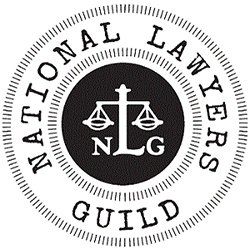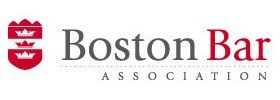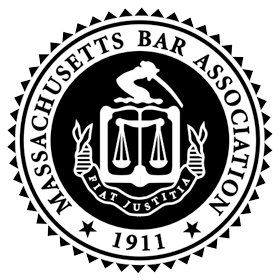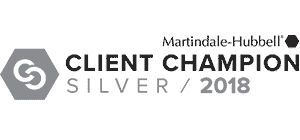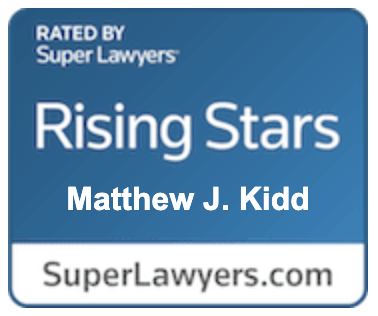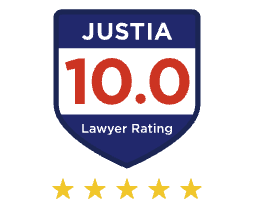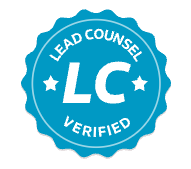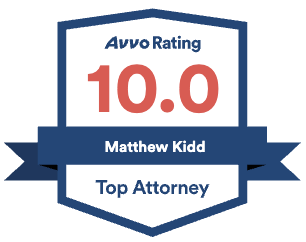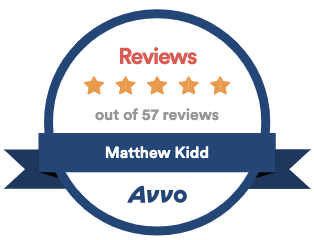Bankruptcy: Chapter 7 vs Chapter 13
If you’re considering bankruptcy (personally or as a business entity), there are a few options you can choose from.
In this short article, I will try to explain the major differences between chapter 7 and chapter 13.
-
What are the major differences between Chapter 7 and Chapter 13 bankruptcy that a consumer should know about?
Chapter 7
In a Chapter 7 Bankruptcy, all the debtor’s assets, except those exempt by federal or state law, will become part of a bankruptcy estate to be liquidated for the benefit of unsecured creditors, and the business will be terminated.
Chapter 7 Bankruptcy is the simplest form of debt relief available, especially when the debtor has no substantial assets to surrender to the bankruptcy estate for liquidation (sale).Although theoretically all the debtor’s assets, (furniture, clothes, books), become part of the “bankruptcy estate” to be sold to satisfy creditors, most of the debtor’s personal belongings (unless of substantial value or secured by a home or car) will not be surrendered in a Chapter 7 Bankruptcy. Many personal items are exempt and protected from liquidation up to a certain value in the bankruptcy code or by state law. Generally, creditors will not come to your house and seize your computer or furniture to satisfy debts.
Chapter 7 bankruptcy is ideal for individuals with low or irregular personal or business income and who do not own substantial assets such a real estate or equipment, or expensive cars, and carry a substantial amounts of unsecured debt (credit cards, operating expenses).
When the Chapter 7 bankruptcy petition has been approved, the debtor’s unsecured debt will no longer be legally collectible by creditors.
Chapter 13
Business owners with regular income and valuable assets (real property, equipment, patents), who wish to continue operating their business and keep their valuable assets such as a home or car, can work out a repayment plan with creditors. The repayment plan is usually for a term of three to five years and must be approved by the bankruptcy court.
While the repayment plan is in effect, creditors are not able to pursue wage garnishments, debt collection litigation, or other collections actions against the debtor.
While a Chapter 7 bankruptcy offers an individual or business immediate discharge of debt and liquidation of the business and assets, a Chapter 13 bankruptcy allows the debtor to keep the business and assets and only discharge the unsecured debt at completion of the repayment plan.
-
What are the pros and/or cons of Chapter 7 and/or Chapter 13 bankruptcy?
Both chapters 7 and 13 bankruptcies stay on your credit report for seven years and once allowed, you can’t file another bankruptcy for eight years.
The advantage of a Chapter 7 bankruptcy is that if your petition is allowed, you will discharge all unsecured debt. However, generally, you cannot discharge government backed school loans, mortgages, and some taxes (with some exceptions).
The disadvantage of a chapter 7 bankruptcy is that you must dissolve your business and either sell your major assets or surrender them to creditors and apply the proceeds toward your debt.
Chapter 7 bankruptcy is the best option for individuals and small businesses with large unsecured debts (credit cards) and who do not wish to continue with their business.
The advantage of a chapter 13 bankruptcy the business lives and you get a second chance to change bad habits and revive the business.
The disadvantage of chapter 13 bankruptcy is that you must commit to a 3 to 5 year repayment plan. If you are unable to service the repayment plan you may need to go back to court to adjust the plan or may be in danger of losing the assets and business you wanted to keep.
Chapter 13 bankruptcy is the best option for those with regular income who want to keep their business and assets and are able to satisfy a three to five year repayment plan.
-
What resources can help a person figure out the bankruptcy process and which type to file?
A free consultation with a lawyer is always a good start.
If you want to search for information online, you can start with the Bankruptcy Basics in the US courts website .
If you visit uscourts.gov ,you can locate the bankruptcy court nearest your zip code for local rules and information. However, you should always be cautious of information found on the internet and it is best to consult with a bankruptcy attorney before making any major legal decisions.
-
Do you need a lawyer to file bankruptcy or can a person figure out how to do it themselves?
Filing for bankruptcy does not require a lawyer, but it is highly recommended. The bankruptcy laws can be complicated and subject to change. If you do not file your bankruptcy petition, (chapter 7), or repayment plan, (chapter 13), in compliance with federal bankruptcy code and local court rules, your petition may be denied and you may be waving important rights.
An experienced bankruptcy attorney will position your case within the bankruptcy code to maximize use of deductions, exemptions, and exclusions.
Finally, attorneys should have professional liability insurance so that if your case is mishandled, you have recourse with the insurer.
The post Bankruptcy: Chapter 7 vs Chapter 13 appeared first on Law Office of Matthew J. Kidd.









